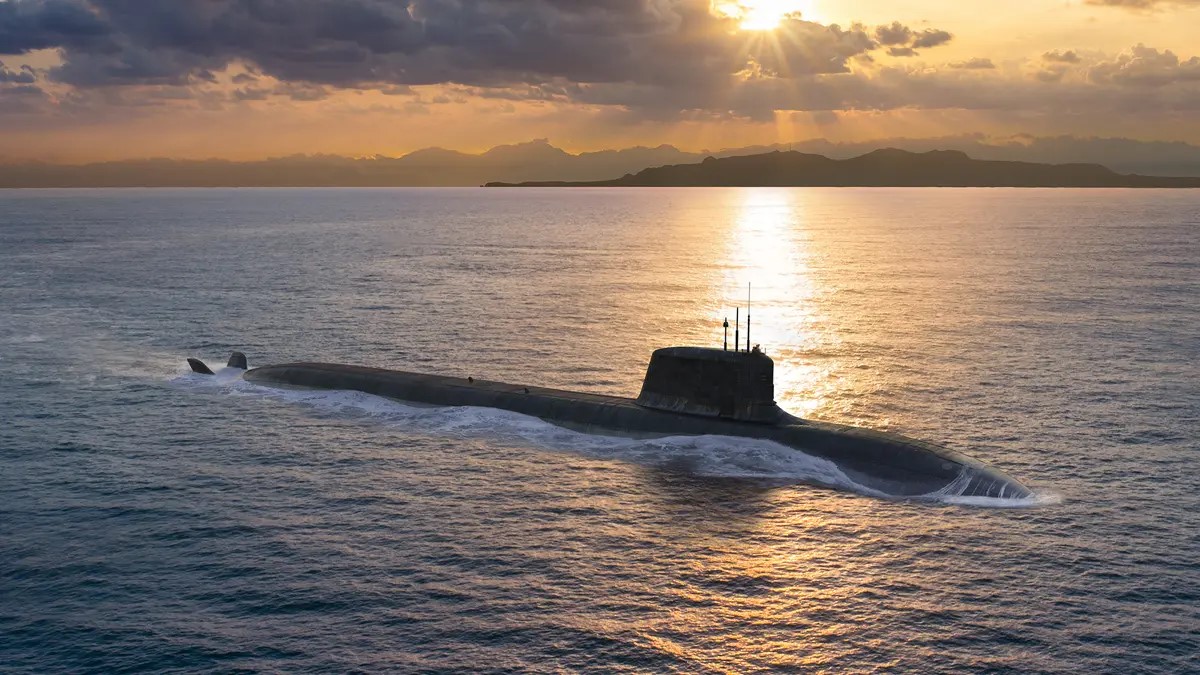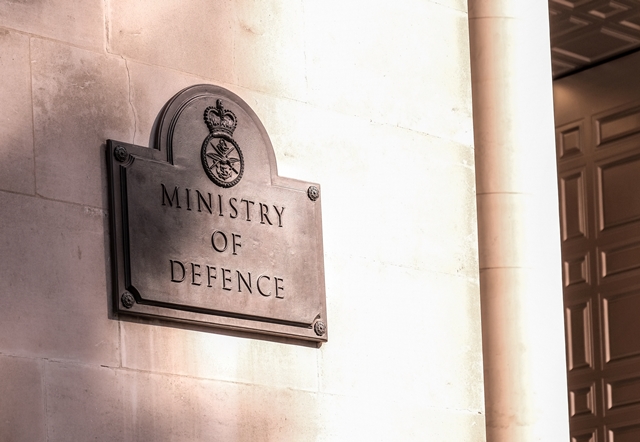DASA funding boosts UK future space tech

Image courtesy DASA
The Defence Science and Technology Laboratory (Dstl) and Defence and Security Accelerator (DASA) have announced that six innovators have shared £1.6 million in funding to develop technologies for the space domain. The funding was achieved as a result of Space to Innovate Campaign – Charlie Drop which invited innovators to submit their innovative technologies and solutions to help overcome the following challenge areas:
- Challenge Area 1: Novel ways to achieve fine resolution collection for intelligence, surveillance & reconnaissance (ISR)
- Challenge Area 2: Technologies and techniques to alert, protect and defend satellites
- Challenge Area 3: Satellite and ground segment technologies for future Defence and Security operations
Major General Paul Tedman, Commander, UK Space Command, said: "As space becomes increasingly contested and congested, the ability to harness novel technologies to ensure freedom of action is essential. We will continue to work with our partners in industry, DASA, Dstl to seize and maintain the competitive edge in space."
Athos Ritsperis, Dstl Space Systems Programme Manager, said: "Accelerating the development of these technologies could contribute to the development of future operational concepts in support of the Defence Space Strategy. We look forward to working with all the contracted suppliers."
The six projects that have been awarded Space to Innovate Campaign – Charlie Drop funding are:
- Nottingham Scientific Ltd - GMV NSL Limited
This project aims to develop an automated system for the identification of unattributed radio transmission and for the prediction of the orbit of their source. - Surrey Satellite Technology Limited
This project aims to develop a fully deployable telescope for high resolution Intelligence, surveillance and reconnaissance (ISR) from Medium Earth Orbit (MEO). - Spectra Defence Limited
This project aims to develop an innovation that allows for high resolution remote imaging and characterisation of unknown objects approaching high value satellites in Geostationary orbits. - Super-Sharp Space Systems Ltd
This project aims to develop a control system to enable the self-alignment of large space telescopes. - University of Liverpool
This project aims to develop large area antenna systems that can be stowed via origami folding and a novel deployment mechanism for utilisation in low-Earth orbit (LEO). - QinetiQ Ltd Farnborough
This project aims to dramatically improve the ability to sense small objects that are largely invisible to our current sensing capability and yet pose a significant threat to the operation of space assets.
What is the Space to Innovate Campaign?
The space domain, which includes satellites and space-based services, is vital to modern life, enabling a range of civilian and military activities. Any form of disturbance to UK space capabilities, whether that is natural or intentional, can cause a severe disruption to UK prosperity.
The Space to Innovate Campaign seeks proposals that can maintain the UK’s freedom of action in the space domain by developing future space technologies that enhance and protect space military and civil potential.
What happened in the Space to Innovate Campaign – Alpha and Bravo Drop competitions?
The Space to Innovate Campaign – Charlie Drop follows on from the Alpha Drop and Bravo drops where over £3.6 million worth of contracts were awarded altogether.
For further information: £1 million in contracts awarded to enhance the UK’s space capabilities











